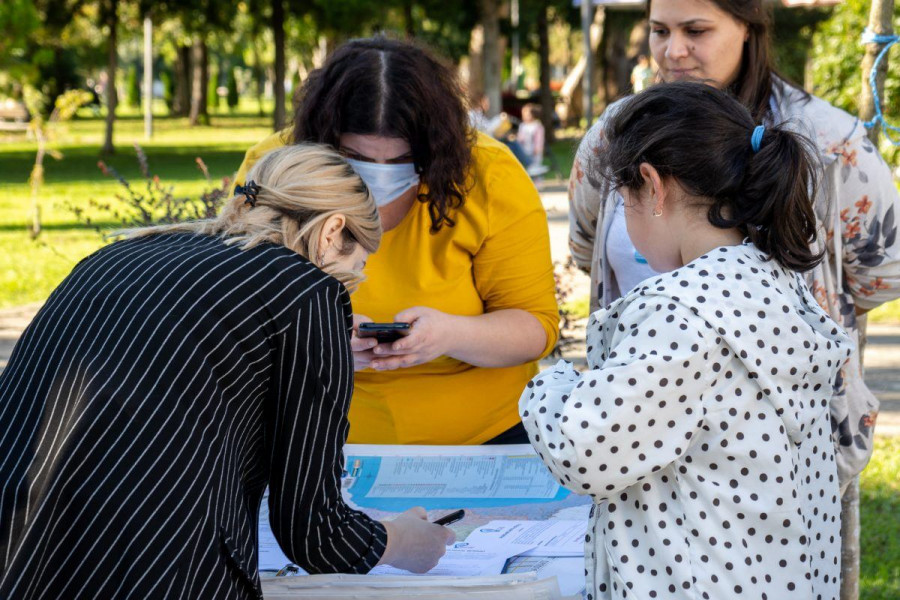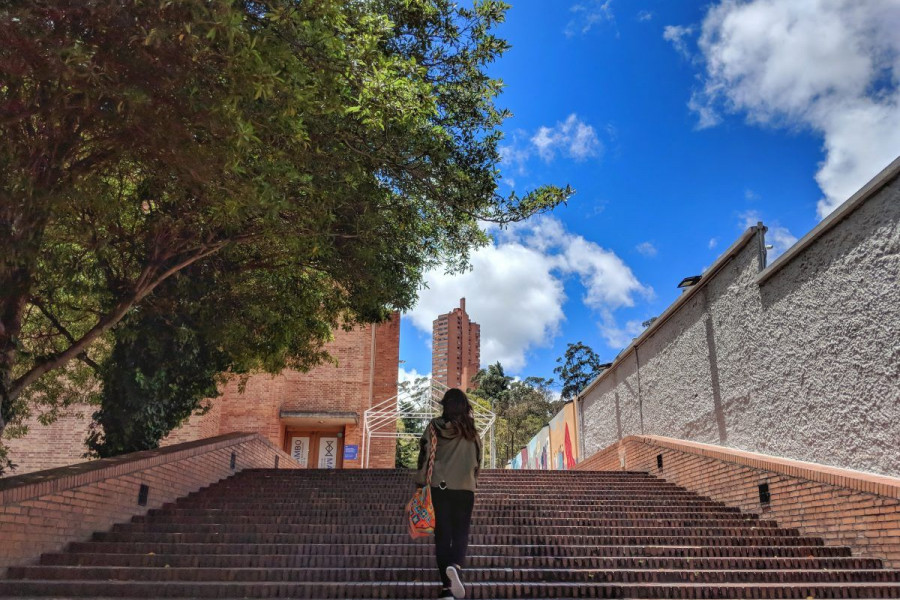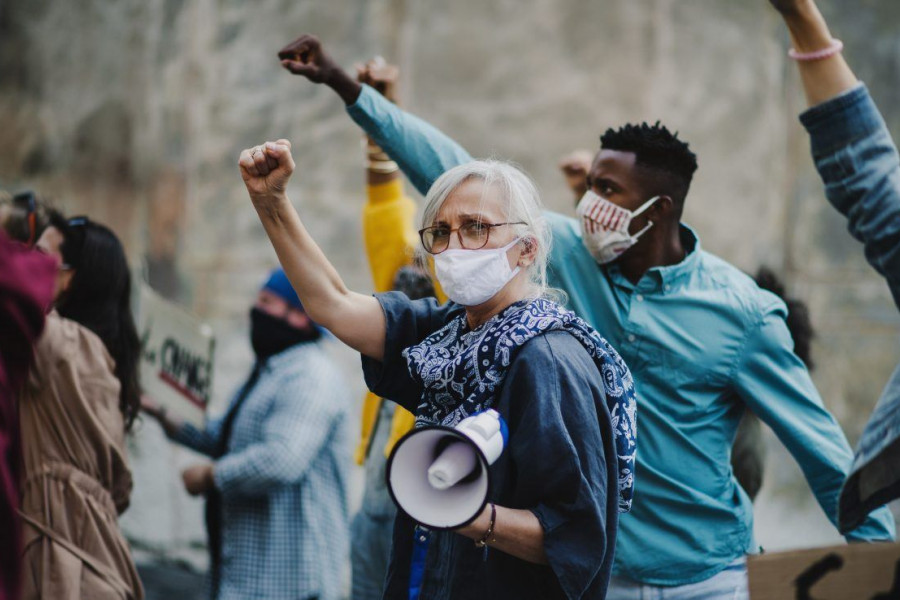Back
Having served as a national researcher for Georgia from 2013 to 2019 for OGP’s Independent Reporting Mechanism, I have developed a particular interest in implementing the values of openness and accountability in local governments. From 2014-2015, Georgia implemented a series of local government reforms that allowed municipalities to directly elect the mayors along with the local council (sakrebulo) members and implement new mechanisms of citizen participation. This provided momentum to materialize my interest in open government. As the primary and regular point of contact for citizens with the state, local governments are directly responsible for addressing the day-to-day needs of their communities and have more opportunities to implement a variety of participatory mechanisms. I was able to operationalize this insight while leading the Local Government Program at the National Democratic Institute (NDI). Through this program I got to know the mayors, sakrebulo chairs, civil society representatives, and community leaders of different municipalities that all proved their uniqueness and value and inspired me to write a book. By that time I had already collected seven years of intensive practical experience of working with key local actors. I took a snapshot of this unique experience and underpinned it with relevant theoretical concepts to create Peculiarities of Open Governance Practices at the Local Level in Georgia.
The book shows that the Georgian municipalities are heavily influenced by the central government and lack powers of their own. This lack of decentralization hinders the full implementation of the open governance model within the municipalities. Local communities are demotivated to engage in policy-making as solving numerous problems they face is not within the powers and resources of their elected representatives. Low levels of economic development, poverty, unemployment and poor infrastructure are homogenous across the municipalities.



